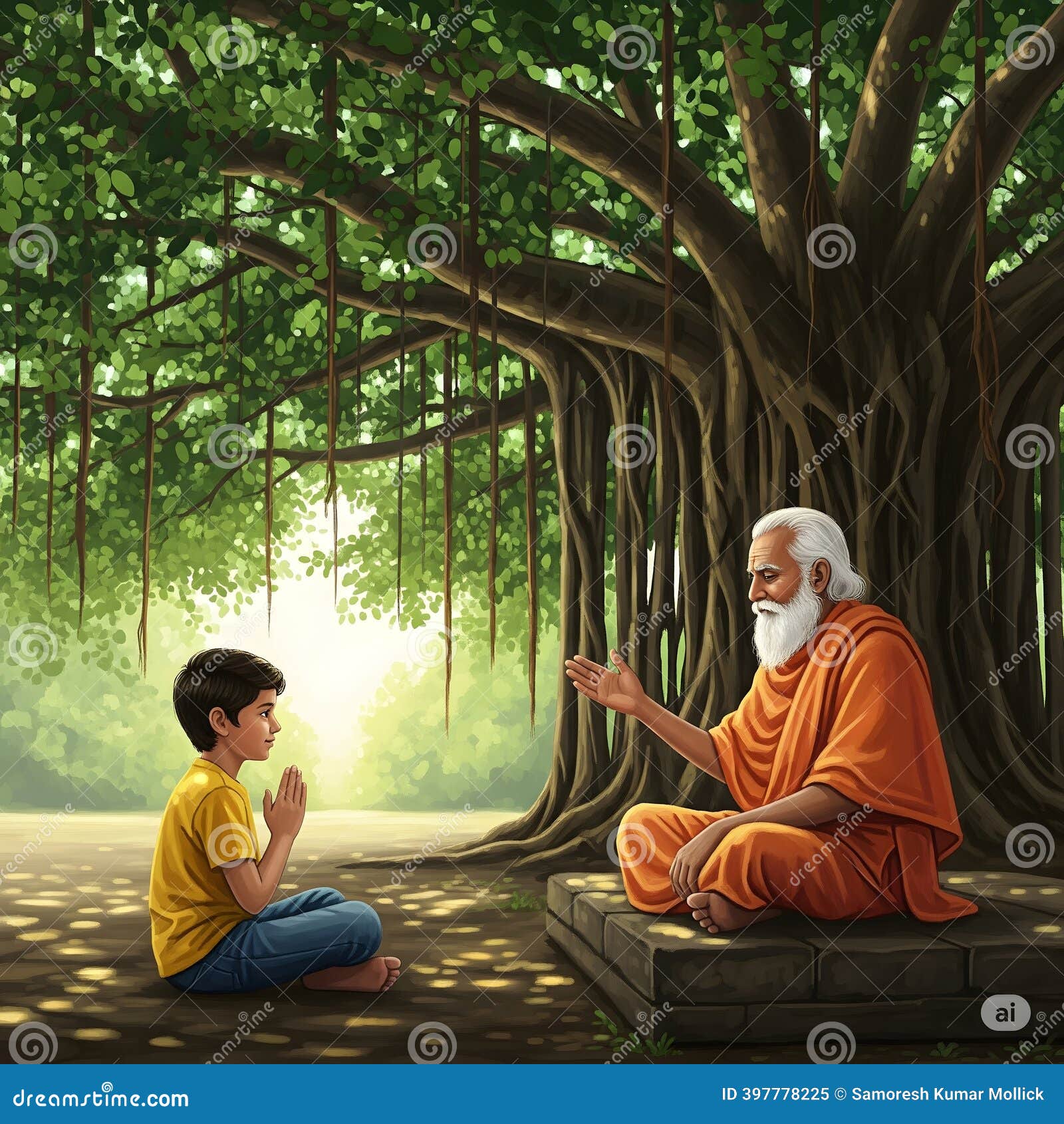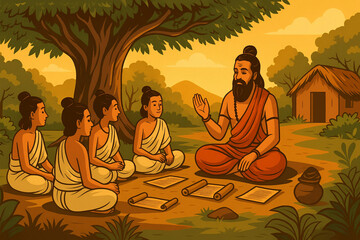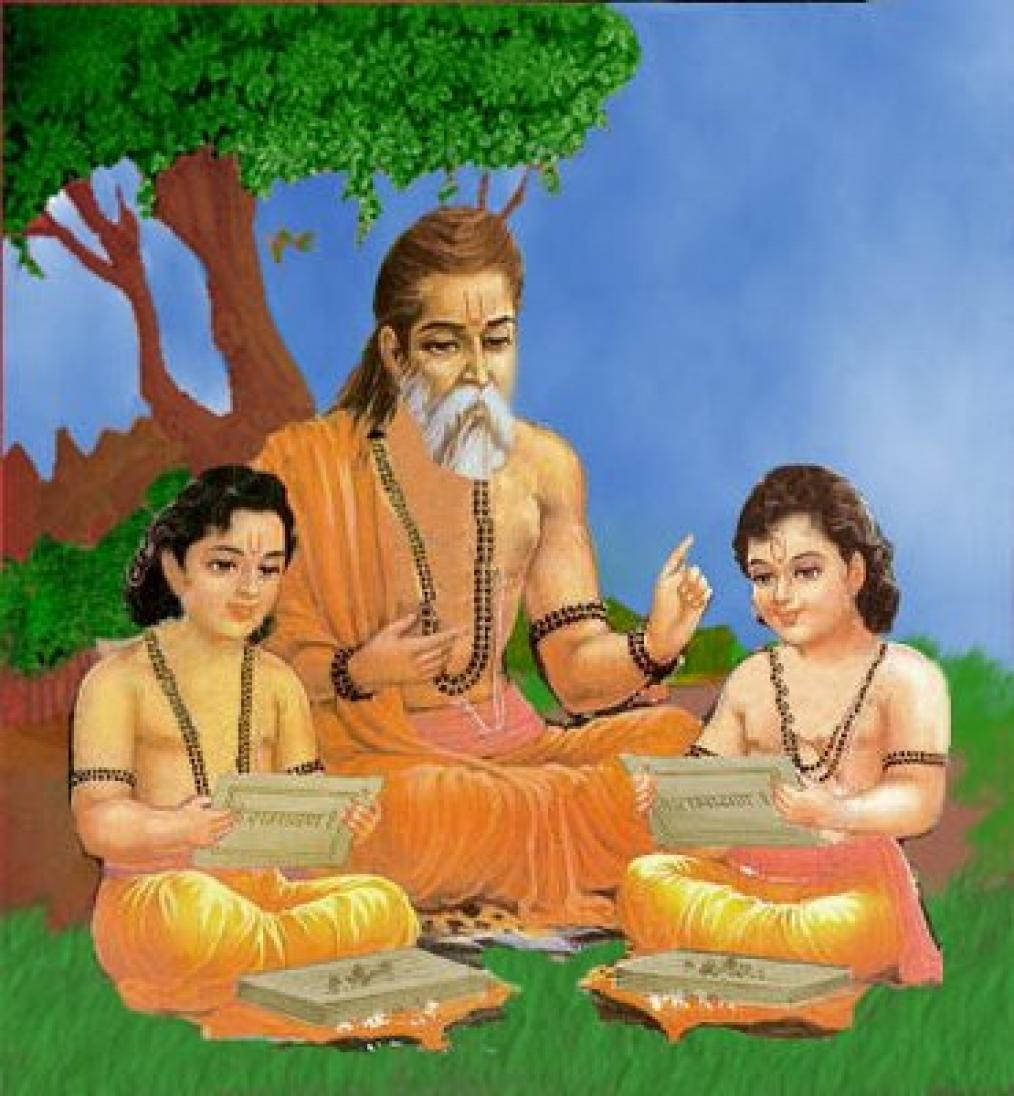वह्निस्तस्य जलायते जलनिधिः कुल्यायते तत्क्षणात्
मेरुः स्वल्पशिलायते मृगपतिः सद्यः कुरङ्गायते ।
व्यालो माल्यगुणायते विषरसः पीयूषवर्षायते
यस्याङ्गेऽखिललोकवल्लभतमं शीलं समुन्मीलति ॥ ८१ ॥
For one in whom the world's most endearing qualities abide,
Fire becomes a cool spring, the ocean becomes a small puddle,
The intractable Meru becomes a hillock, the fierce lion becomes a docile deer,
The serpent becomes a tender garland, and poison becomes nectar!
विद्यातीर्थे जगति विबुधाः साधवः सत्यतीर्थे
गङ्गातिर्थे मलिनमनसो योगिनो ध्यानतीर्थे ।
धारातीर्थे धरणिपतयो दानतीर्थे धनाढ्या
लज्जातीर्थे कुलयुवतयः पातकं क्षालयन्ते ॥ ८२ ॥
To atone themselves, the learned men
Immerse themselves in knowledge,
The righteous men resort to truth,
The sinners dip themselves in the Ganga,
The Yogis immerse themselves in meditation.
The kings atone themselves by serving the land,
The rich men ameliorate their sins in charity,
And,
The women of good families atone themselves by modesty.
विद्या नाम नरस्य रूपमधिकं प्रच्छन्नगुप्तं धनं
विद्या भोगकरी यशस्सुखकरी विद्या गुरूणां गुरुः ।
विद्या बन्धुजनो विदेशगमने विद्या परं दैवतं
विद्या राजसु पूजिता न तु धनं विद्यानिहीनः पशुः ॥ ८३ ॥
The biggest aspect of man is his learning, and it is that riches closely guarded as such.
Learning confers all material pleasures and comforts, as well as brings name and fame.
Thus, learning is the inner guide for the wise.
In foreign lands, one's learning acts as one's well-wishers.
No wonder learning is hailed as divine.
Kings extol learning, not a man's wealth.
Thus, a man without learning is as good as a beast!
विद्या मित्रं प्रवासेषु माता मित्रं गृहेषु च ।
व्याधितसौषधं मित्रं धर्मो मित्रं मृतस्य च ॥ ८४ ॥
For one in travel, his learning comes as a friend,
For one at home, the friend is his mother who cares for him.
For one who is ill, the medicine plays the role of a friend who removes suffering,
For one who moves on from this life, his good acts accompany him as a true friend.
विद्वत्वञ्च नृपत्वञ्च नैव तुल्यं कदाचन ।
स्वदेशे पूज्यते राजा विद्वान् सर्वत्र पूज्यते ॥ ८५ ॥
Never compare scholarship with rulership.
The king is respected in his own land, but a scholar is revered everywhere.







